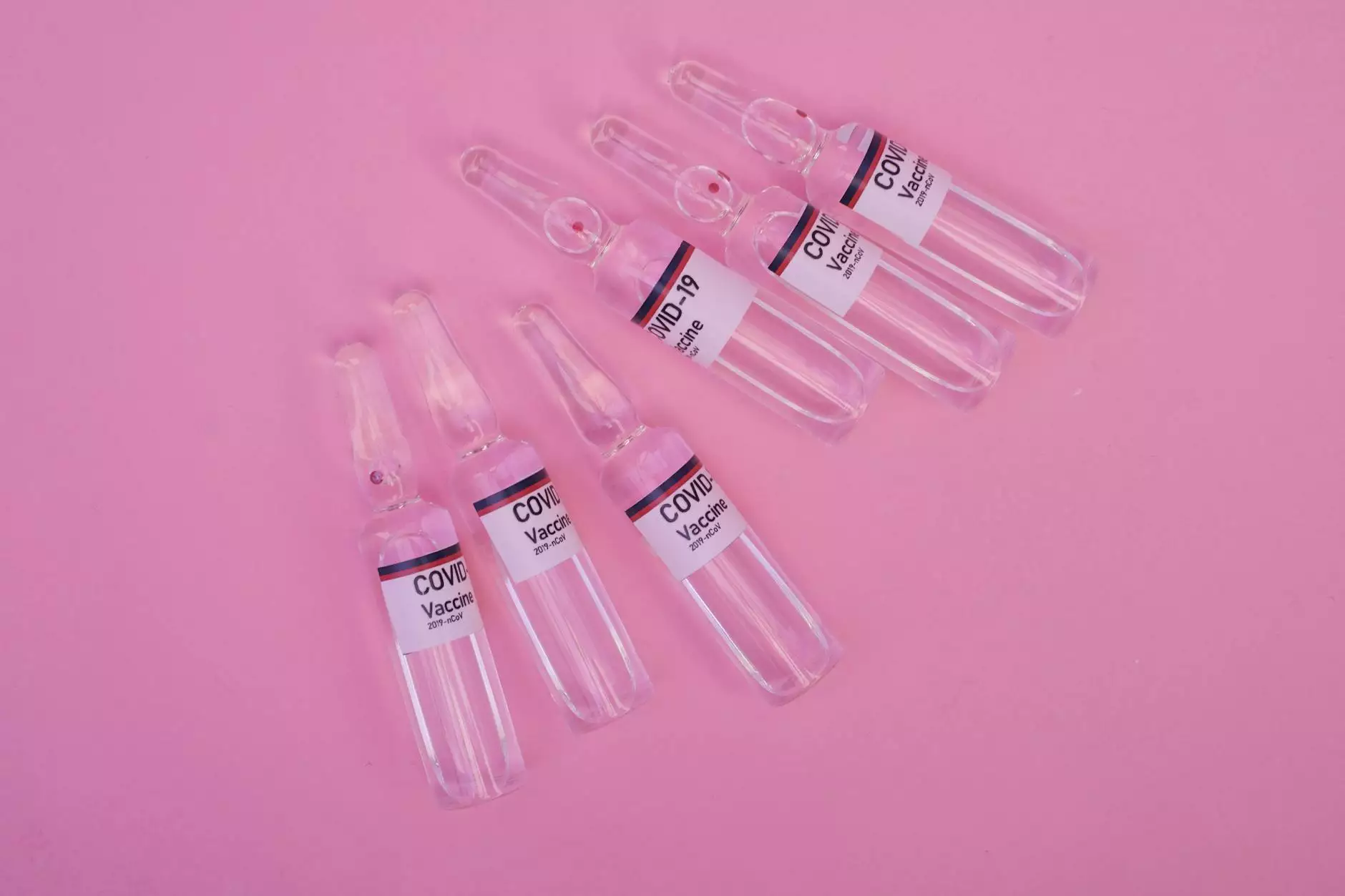The Ultimate Guide to Industrial Desiccant Dehumidifiers

In today's industrial landscape, the need for effective climate control solutions is critical. Among these solutions, industrial desiccant dehumidifiers play a crucial role in managing moisture levels, protecting products, and ensuring operational efficiency. This article will explore the ins and outs of desiccant dehumidifiers, their advantages, applications, and why they are indispensable in various sectors.
What are Industrial Desiccant Dehumidifiers?
Industrial desiccant dehumidifiers are specialized devices designed to remove moisture from the air using desiccant materials. These materials have a high affinity for water vapor and absorb moisture from the air, making them ideal for various applications where humidity control is essential. Unlike traditional refrigerant dehumidifiers, which cool the air to condense moisture, desiccant dehumidifiers can operate efficiently in low temperatures and can achieve much lower humidity levels.
How Do Desiccant Dehumidifiers Work?
At the core of desiccant dehumidifiers lies the desiccant rotor—a wheel made of a desiccant material such as silica gel, activated alumina, or lithium chloride. The process can be broken down into several key steps:
- Absorption: The moist air enters the dehumidifier and comes into contact with the desiccant material, which absorbs the moisture.
- Regeneration: After a certain amount of moisture is absorbed, the saturated desiccant needs to be regenerated. Hot air is passed through the desiccant rotor, evaporating the absorbed moisture and releasing it outside.
- Continuous Cycle: This cycle of absorption and regeneration continues, allowing for a constant removal of humidity from the air.
Benefits of Industrial Desiccant Dehumidifiers
Implementing industrial desiccant dehumidifiers in your operations can yield numerous advantages:
- Efficient Moisture Control: They are particularly effective in maintaining low humidity levels, which is crucial for protecting sensitive materials.
- Energy Efficiency: Though they may have a higher initial investment compared to traditional systems, desiccant dehumidifiers can result in energy savings, especially in environments that require constant humidity control.
- Enhanced Product Quality: By minimizing moisture, businesses can ensure the quality and integrity of their products, particularly in industries such as pharmaceuticals, food processing, and electronics.
- Versatile Applications: Suitable for both large-scale industrial settings and smaller commercial applications, these systems are highly adaptable to different environments.
- Prevention of Mold and Mildew: Controlling humidity effectively reduces the risks of mold growth, protecting both products and facilities.
Applications of Industrial Desiccant Dehumidifiers
Industrial desiccant dehumidifiers are utilized across a wide array of industries. Here are some notable applications:
Pharmaceutical Industry
In the pharmaceutical sector, moisture control is critical for ensuring the stability and efficacy of medications. Industrial desiccant dehumidifiers maintain an ideal environment for drug manufacturing and storage, preventing degradation of sensitive compounds.
Food Processing
The food industry must adhere to stringent quality controls, where moisture can lead to spoilage and loss of quality. By utilizing desiccant dehumidifiers, manufacturers can keep humidity levels optimal during storage and processing, extending shelf life and ensuring product safety.
Electronics Manufacturing
Electronics are particularly sensitive to moisture, which can cause defects and malfunctions. Desiccant dehumidifiers ensure a controlled atmosphere during the production of electronic components, thereby enhancing product reliability and minimizing waste.
Paper and Printing Industries
The paper industry must contend with moisture content to ensure product quality. High humidity can cause paper to warp or become damaged. Utilizing desiccant dehumidifiers helps maintain stable humidity levels, improving the quality of both raw materials and final products.
Storage Facilities
Warehousing and storage facilities benefit significantly from desiccant dehumidifiers, as they protect stored goods from moisture damage. Keeping humidity levels low helps prevent rust, corrosion, and damage to various materials and items.
Choosing the Right Industrial Desiccant Dehumidifier
When selecting an industrial desiccant dehumidifier, consider several critical factors to ensure optimal performance:
- Capacity: Assess the total volume of air that needs dehumidification. Ensure the unit can handle the specific conditions of your environment.
- Regeneration Method: Different models may have varying regeneration processes—some may utilize electric heat, while others may harness exhaust air. Choose the method that best suits your operational needs.
- Mobility: Consider whether you need a portable unit for flexibility or a fixed installation for constant operation.
- Energy Efficiency: Look for models that are energy efficient to reduce long-term operational costs, especially if they will be in use continuously.
- Controls and Automation: Advanced controls can allow for automation and monitoring of humidity levels, providing additional operational convenience.
Maintenance of Industrial Desiccant Dehumidifiers
Proper maintenance is essential to ensure that industrial desiccant dehumidifiers function effectively and last long. Here are key maintenance tips:
- Regular Inspection: Perform frequent checks to ensure all components are functioning properly and there are no visible signs of wear.
- Clean Filters: Keeping filters clean is vital for optimal airflow and efficiency. Replace filters as needed.
- Desiccant Replacement: Monitor the condition of the desiccant material. Some units allow for easy replacement, while others may require more complex handling.
- Inspect Seals and Insulation: Ensure that all seals on the unit are intact to prevent moisture ingress from unwanted sources.
- Professional Servicing: Schedule periodic professional maintenance to keep the unit in peak condition.
Conclusion
The importance of industrial desiccant dehumidifiers cannot be overstated in today’s diverse industrial sectors. From maintaining product integrity to optimizing operational efficiency, the benefits they provide are invaluable. By understanding their functionality, applications, and maintenance, businesses can make informed decisions that will lead to improved results.
As a leader in the home and garden, home cleaning, and home automation sectors, Climatronics is dedicated to providing high-quality climate control solutions, including these essential dehumidification systems. Invest in an industrial desiccant dehumidifier today to safeguard your operations and enhance product quality.









